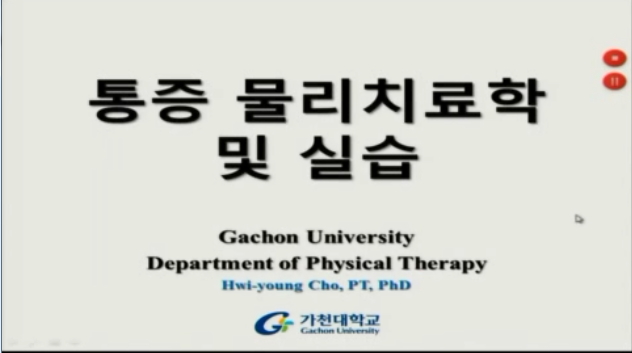Using an in-house non-native corpus and an established native corpus as data, this study strives to identify and compare the most frequently-used word sequences (i.e. lexical bundles) in the two corpora with reference to their structures and functions...
http://chineseinput.net/에서 pinyin(병음)방식으로 중국어를 변환할 수 있습니다.
변환된 중국어를 복사하여 사용하시면 됩니다.
- 中文 을 입력하시려면 zhongwen을 입력하시고 space를누르시면됩니다.
- 北京 을 입력하시려면 beijing을 입력하시고 space를 누르시면 됩니다.
https://www.riss.kr/link?id=A105813769
- 저자
- 발행기관
- 학술지명
- 권호사항
-
발행연도
2018
-
작성언어
English
- 주제어
-
등재정보
KCI등재
-
자료형태
학술저널
- 발행기관 URL
-
수록면
95-116(22쪽)
- 제공처
- 소장기관
-
0
상세조회 -
0
다운로드
부가정보
다국어 초록 (Multilingual Abstract)
Using an in-house non-native corpus and an established native corpus as data, this study strives to identify and compare the most frequently-used word sequences (i.e. lexical bundles) in the two corpora with reference to their structures and functions. In particular, this study pays its focused research attention to stance expressions culled from the two corpora qualitatively as well as quantitatively. It is acknowledged that Korean learners are less proficient in managing hedging epistemic expressions instrumental in the use of cautious language. Non-native writing further features more evaluative and stronger stances toward the propositional content. The study also suggests some pedagogical benefits of instructions about norms of academic writing and/or of recurrent exposures to the authentic uses of stance expressions.
목차 (Table of Contents)
- 1. Introduction
- 2. Theoretical Background
- 3. Methodology
- 4. Results and Discussion
- 5. Summary and Conclusion
- 1. Introduction
- 2. Theoretical Background
- 3. Methodology
- 4. Results and Discussion
- 5. Summary and Conclusion
- References
동일학술지(권/호) 다른 논문
-
50, 60년대 신문의 언론 자유 논증에 대한 담화 연구
- 담화·인지언어학회
- 김현강(Kim, Hyun-gang)
- 2018
- KCI등재
-
- 담화·인지언어학회
- 김효신(Kim, Hyosin)
- 2018
- KCI등재
-
- 담화·인지언어학회
- 서강보(Seo, Kangbo)
- 2018
- KCI등재
-
Language Contact and Grammaticalization
- 담화·인지언어학회
- Mikyung Ahn(안미경)
- 2018
- KCI등재





 DBpia
DBpia




